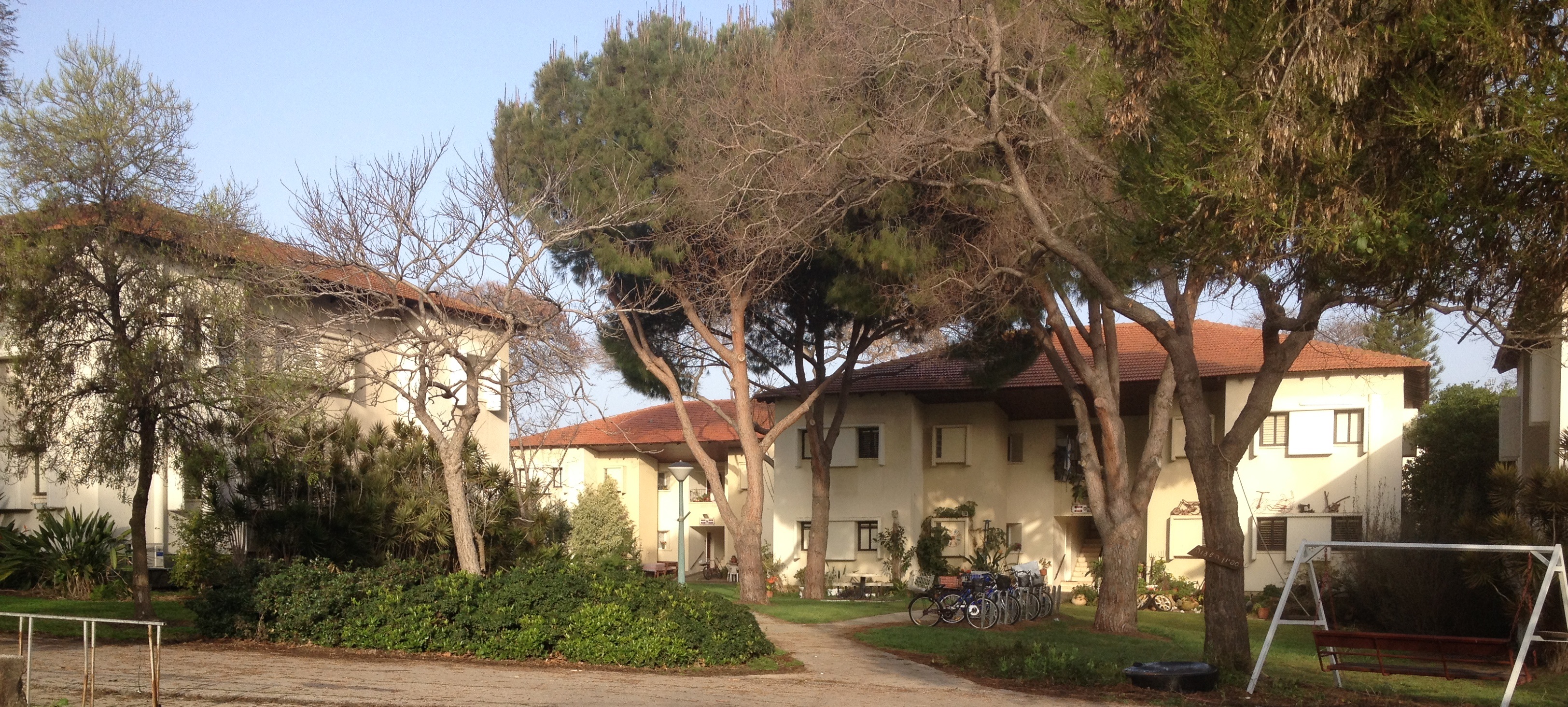
Model II Consultation
The second model is used for the advocacy of a specific change. The organization (the “client”) brings someone in to help promote, organize, or implement a specific program or cause in which both the client and practitioner believe. As the advocate for a specific change, the Model Two consultant usually must have access to power in order to ensure that the change will occur. With this power, the Model Two consultant can sometimes help to bring about Level Two change—though this attempt at Level Two Change through the use of power is often counter-productive and even destructive. Typically, The Model Two consultant will have expert power, as the “prophet from another land” or as an internal practitioner with credentials and prestige. Alternatively, the Model Two practitioner will have referent power. As an internal advocate for a specific change, she attempts to closely affiliate with a person who is in a position of authority. This contrasts with strategies of the Model One practitioner, who usually has direct position power as one who runs the program. A Model Two practitioner must work more indirectly through his or her relationship with someone who does have direct position power.
Sometimes, the Model Two practitioner has direct power, but restrains its use or holds it in reserve. A Dean of Instruction, for instance, might serve as a consultant to a faculty curriculum committee at her college. She may not be able to control the outcomes of this committee directly, but she will have considerable influence over the committee because of the position she holds.
A third type of power is employed by experienced Model Two practitioners: This is the power associated with charisma or effective salesmanship. The successful Model Two practitioner will be enthusiastic and persuasive in his or her presentation. Most nationally-known consultants combine expertise with the capacity to hold an audience’s attention and with the capacity to interest members of the audience in a specific idea. With charismatic power, a Model Two consultant might be able to bring about Level Two change (a “conversion” experience for the organization); however, this Level Two change is often short-term (as members of the organization return to “reality”).







